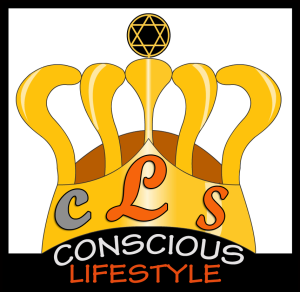Blog
Hebrew calendar and the 12 months
- October 3, 2012
- Posted by: admin
- Category: Bible study - Scriptures God's temple/Tabernacle information Israel psychological religion Spiritual food spiritual system spring time Summer time winter
The Hebrew Jewish calendar is a lunisolar calendar, or fixed lunar year, based on twelve lunar months.
The 12 months on God’s Hebrew (Jewish calendar):
The spiritual meaning of the twelve months represents the twelve sons of Jacob (twelve tribes of Israel) on the Hebrew calendar,
also being the twelve fruits that grew on the tree of life, (known as the tree of Torah) as it is written in –
Revelation 22:2-3
2 In the middle of its street, and on either side of the river, was the tree of life, which bore twelve fruits,
each tree yielding its fruit every month.
The leaves of the tree were for the healing of the nations.
3 And there shall be no more curse,
but the throne of God (kingdom of God) and of the Lamb shall be in it,
and His servants shall serve Him.
It is written in Revelation 22:14;
Blessed are those who keep His commandments (Mitzvah),
that they may have the right to the tree of life, and may enter through the 12 gates into the city.
The Tree of life brought forth 12 fruits which are the 12 months on God’s calendar:
Each Jewish lunar month starts with the new moon,
(New moon commemorating the beginning of every month on the Hebrew Jewish calendar).
The names of the twelve regular months are:
The 1st month is called Nisan (30 days), representing Judah, Judah stands for the political system.
The 2nd month is called Iyar (29 days), representing Issachar, Issachar stands for the healing – medical system.
The 3rd month is called Sivan (30 days), representing Zebulun, standing for the Internet system.
The 4th month is called Tammuz (29 days), representing Manasseh, standing for the spiritual system.
The 5th month is called Av (30 days), representing Simeon, standing for religious system
The 6th month is called Elul (29 days), representing Gad, standing for entertainment system.
The 7th month is called Tishrie (30 days), representing Ephraim, standing for the agricultural system.
The 8th month is called cheshvan (29 or 30 days), representing Rueben, stands for the communication system.
The 9th month is called Kislev (29 or 30 days), representing Benjamin, standing for the military system.
The 10th month is called Tevet (29 days), representing Dan, standing for the industrial system.
The 11th month is called Shevat (30 days), representing Asher, standing for the economic system
And the 12th month called Adar (29 days), representing Naphtali, standing for the educational system.
In the leap years (such as 5771) an additional month, Adar I (30 days) is added after Shevat, and the regular Adar is referred to as “Adar II”.
See also the Hebrew feasts on God’s calendar
Article written by Ap Ngabo Alex for conscious teaching
